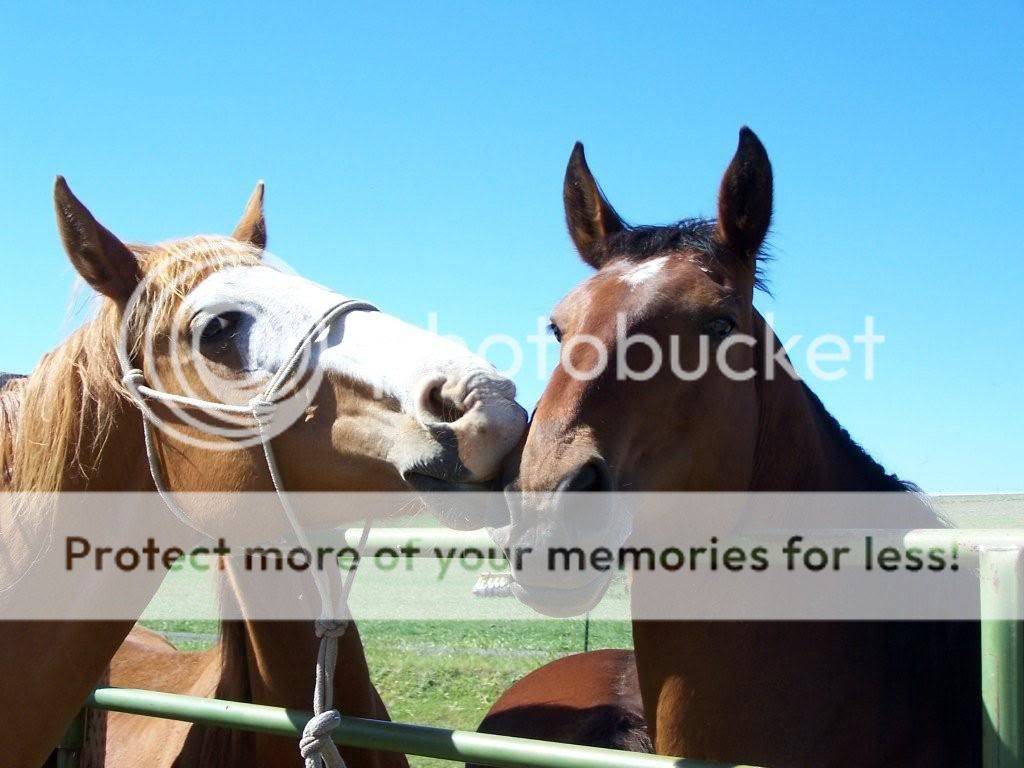AmericasBrave58
Retired USN Nurse(Vietnam
Why did horses die out in North America? - Care2 News Network
 I can tell you a good number of reasons why these gentle and beautiful creatures died out in North America. Selling them to other countries for slaughter, and food lots, illegal dealings with un-lawful slaughter houses.Letting people keep these creatures in poor living conditions, only to find them in a position that is life destroying and starvation. I am and have been a member of the ASPCA, Animal Rights advocats, for over 30 years. I have a degree in Wildlife Forestry and Conservation, and Animal Science(Animal Medicine) and the firm supporter of the right to survive and find a good home, and for life's protection from abuse, and illegal use for the purpose of such activities, as Dog Fighting, Cock Fights, and PuppyMills.All of which are totally wrong and cruel. So this is the reason, behind the beautiful and gentle creatures the horse are going on and even more so. We as animal lovers and protectors of nature, need to step up to the plate and be the voices of these animals.They can not speak for themselves, but we can speak for them.
I can tell you a good number of reasons why these gentle and beautiful creatures died out in North America. Selling them to other countries for slaughter, and food lots, illegal dealings with un-lawful slaughter houses.Letting people keep these creatures in poor living conditions, only to find them in a position that is life destroying and starvation. I am and have been a member of the ASPCA, Animal Rights advocats, for over 30 years. I have a degree in Wildlife Forestry and Conservation, and Animal Science(Animal Medicine) and the firm supporter of the right to survive and find a good home, and for life's protection from abuse, and illegal use for the purpose of such activities, as Dog Fighting, Cock Fights, and PuppyMills.All of which are totally wrong and cruel. So this is the reason, behind the beautiful and gentle creatures the horse are going on and even more so. We as animal lovers and protectors of nature, need to step up to the plate and be the voices of these animals.They can not speak for themselves, but we can speak for them.









